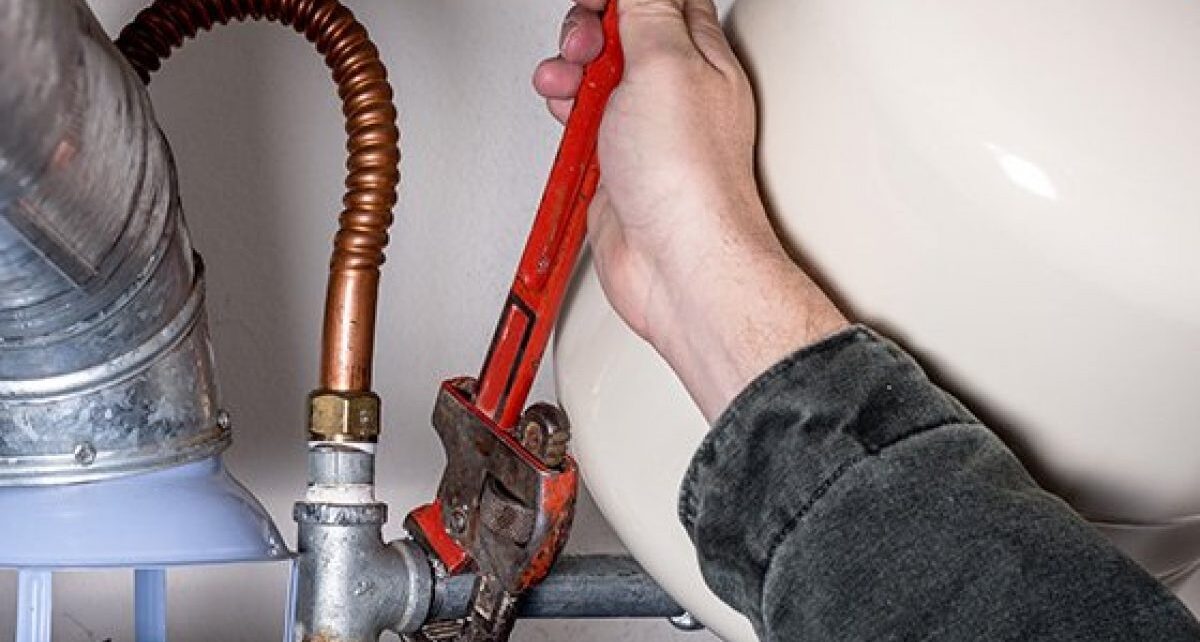All daily actions, including bathing and dishwashing, require hot water. However, what occurs if the smell emanating from your hot water becomes disagreeable? You’re not alone if your taps have started to smell bad, especially if it smells like rotten eggs and sulfur. This is a common problem faced by homeowners, and the water heater is frequently the source of the problem. We will look at the reasons behind bad Hot water smells in this post, as well as how important it is to have routine maintenance performed on water heaters to both treat and avoid unpleasant smells.
Common Causes Of Foul Hot Water Smells
Understanding the underlying source of the foul smell emanating from hot water is crucial before we can go on to potential solutions. The following are some typical causes:
1. Bacteria Growth In The Water Heater
The proliferation of bacteria within water heaters is the leading source of bad odors in hot water. Warm temperatures provide optimal conditions for these bacteria to flourish; when temperatures remain under 140degF they produce hydrogen sulfide gas with its characteristic egg aroma from SRB reactions with sulfur compounds in water.
2. Anode Rod Corrosion
A metal rod called an anode is installed in water heaters in order to stop corrosion within the tank. Sulfuric smells may emerge as a result of the corrosion on this rod and its reaction with the sulfate compounds in the water over time. Your water heater’s lifespan is also at risk due to a worn-out anode rod, which also causes odorous water.
3. Water Source
The foul scent may have originated from your water supply if it is well-watered or includes high levels of sulfur or minerals. Your taps become more problematic when hot water is released from them, yet the problem might not be exclusive to the water heater.
The Role Of Water Heater Maintenance In Eliminating Smells
Let’s examine how routine water heater maintenance can treat and prevent unpleasant smells from emanating from your water heater now that we know why they might be there.
1. Flushing The Water Heater Tank
Odor-causing bacteria can be trapped by sediment accumulation in the water heater. This sediment is removed and the water heater is kept clean by routinely flushing the tank. If your water is hard, you should probably do this more often than once a year. In order to guarantee that germs have fewer areas to hide and grow, the tank is fully drained before the flush.
2. Replacing The Anode Rod
Replacing the corroded anode rod in your water heater is crucial in order to stop additional chemical reactions that may result in offensive odors. Performing this simple maintenance activity every few years is recommended. By preventing rust and corrosion, a new anode rod will not only eliminate the unpleasant odor but also increase the water heater’s lifespan.
3. Increasing Water Heater Temperature
A temperature increase over 140°F can help destroy any germs that may be growing in your water heater as a result of the cold weather. To prevent scorching, proceed with caution when raising the temperature, but even a small rise can significantly inhibit the growth of bacteria.
4. Using A Chlorine Treatment
Chlorine solution flushing might help cleanse the tank of your water heater if bacteria have overgrown it. The system can be flushed when a plumber adds a tiny amount of chlorine and lets it sit. By doing this, microorganisms that might be the source of unpleasant scents are eliminated.
5. Installing A Powered Anode Rod
Anode rod replacement may be a wise choice for families experiencing persistent hot water odor problems. Powered anodes eliminate the formation of hydrogen sulfide since they don’t corrode or react with water like conventional sacrificial anode rods do. Additionally, they work well to halt the growth of microorganisms.
When To Call A Professional?
A professional may be needed for certain repairs, such as replacing the anode rod or treating the chlorine in the water heater, but homeowners can perform certain maintenance activities like flushing the tank themselves. A deeper problem requiring professional attention with your water heater, plumbing system, or water source may also be the cause of the stench if you have attempted basic maintenance but it still remains.
Experts in plumbing can determine if the scent is coming from your water heater or if there are other possible causes. For permanent resolution, a specialist may suggest replacing your water heater if it is outdated or inefficient.
Conclusion
Any homeowner would like not to have to deal with the unpleasant problem of foul-smelling hot water. Luckily, eliminating and preventing these smells can be greatly aided by routine water heater maintenance. Maintaining the cleanliness, freshness, and readiness of your water for everyday usage can be achieved by keeping your water heater in good working order through flushing, anode rod replacement, temperature changes, and other preventive actions.





